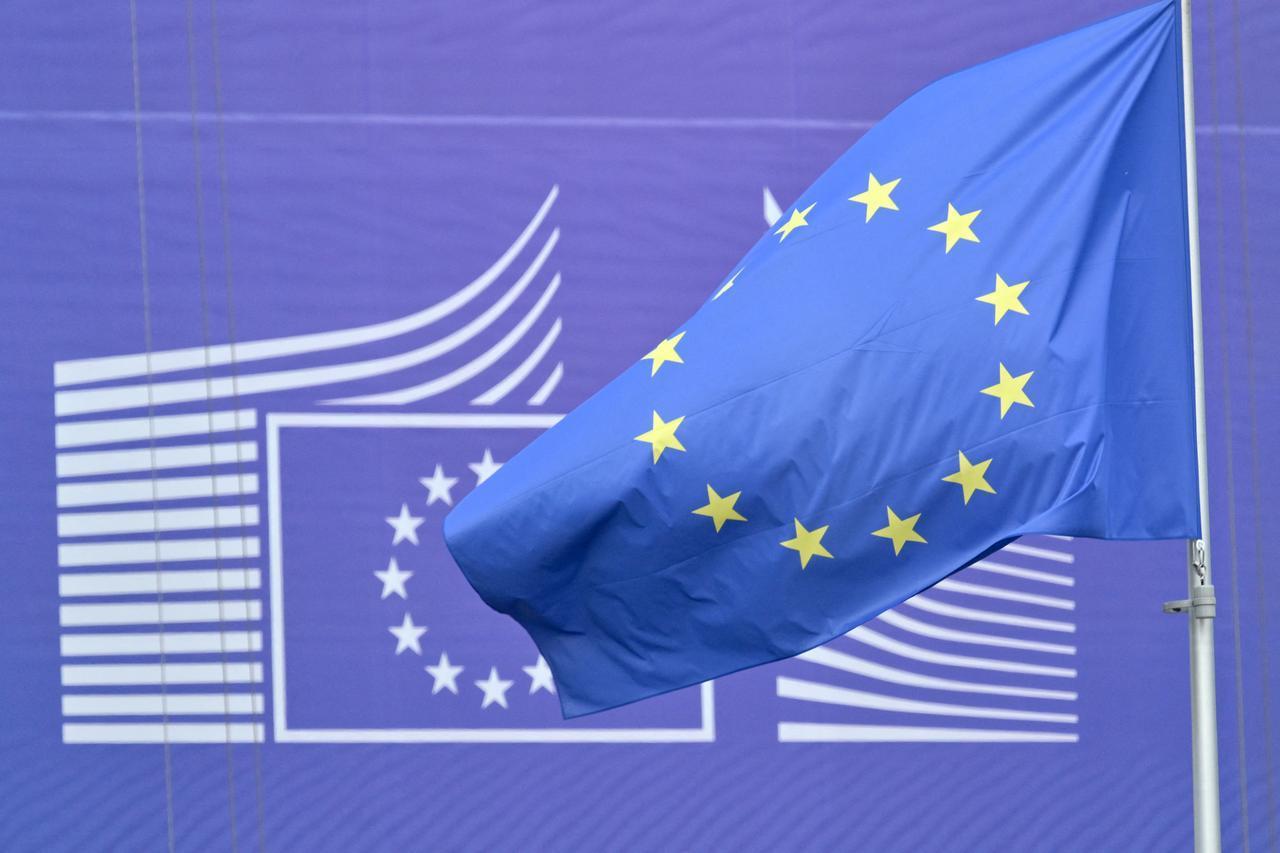
The European Union's new defense financing instrument, Support to Arms Financing in Europe (SAFE), has entered into force with Türkiye, included as a candidate country despite Greece's efforts to exclude it, according to defense experts speaking to Anadolu Agency.
SAFE represents a €150 billion ($169.9B) financing package designed to strengthen European defense capabilities and reduce dependence on NATO and the United States, particularly following pressure from the Trump administration for greater European defense autonomy.
Under the SAFE framework approved by qualified majority in the EU Council on May 27, EU countries, Ukraine, Norway, Liechtenstein, and Iceland can participate in joint procurement using credits up to €150 billion. These countries can also make joint purchases from each other's industries.
Candidate countries including Türkiye and third countries with EU agreements like the United Kingdom can participate in joint procurement. However, 65 percent of the total value of components for any defense product must come from "within Europe" (EU countries, Ukraine, Norway, Liechtenstein, and Iceland).
The remaining 35 percent can come from the category including Türkiye and the United Kingdom.
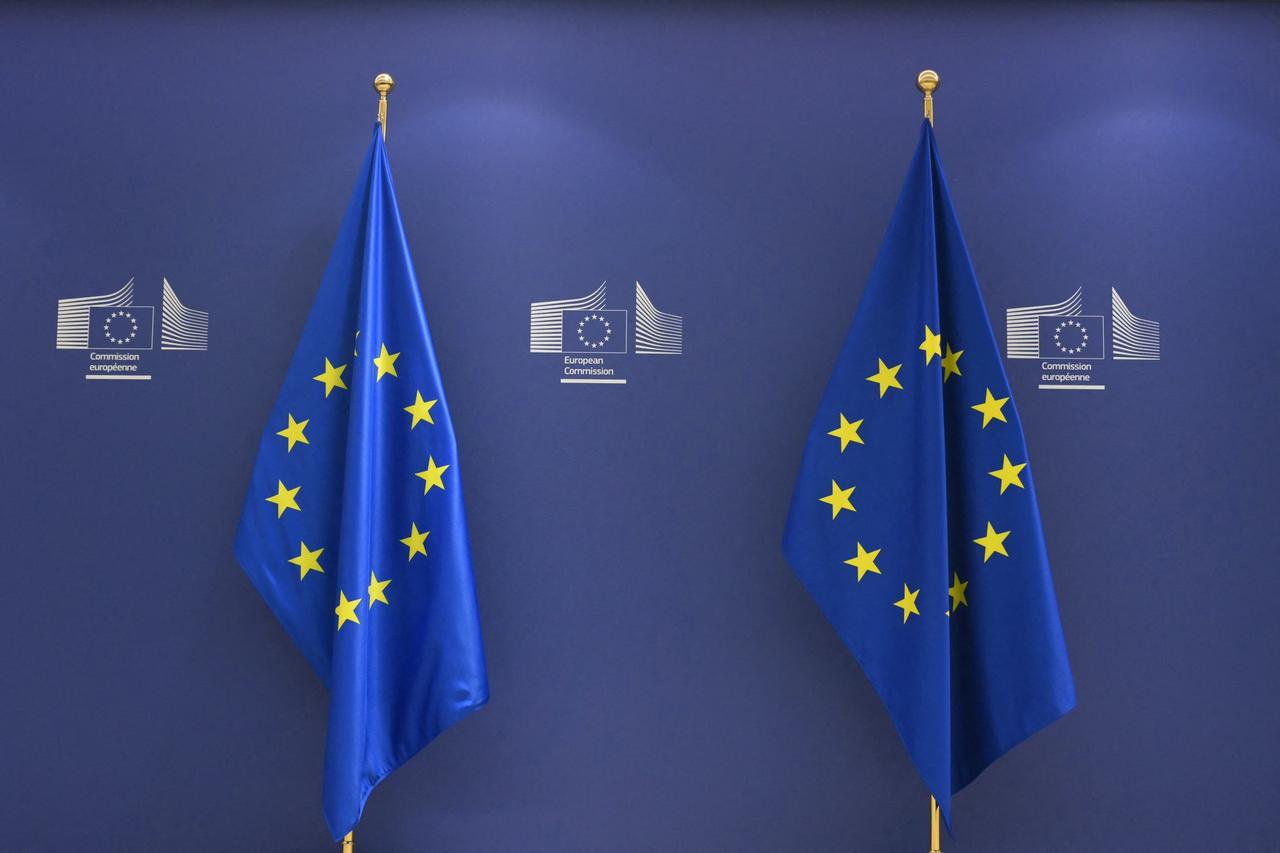
Over the two-month period since March 19, Greece conducted lobbying activities to exclude Türkiye from the package, according to Brussels sources.
The anger sparked by SAFE's adoption including Türkiye as a candidate country was reflected in social media posts by Greek MEP Nikolas Farantouris, a member of the European Parliament's Security and Defense Committee.
"At the request of German Chancellor Friedrich Merz, Article 218 of the Treaty providing for unanimity (veto right) was removed from the SAFE Regulation. It was deliberately removed," Farantouris stated, announcing plans to launch a struggle in the European Parliament and consider taking the matter to the EU Court of Justice.
German Chancellor Merz, during his first visit to Brussels after taking office, told an Anadolu Agency correspondent that "Türkiye is an extremely valuable partner, and he would do everything possible to expand this partnership in the defense field."
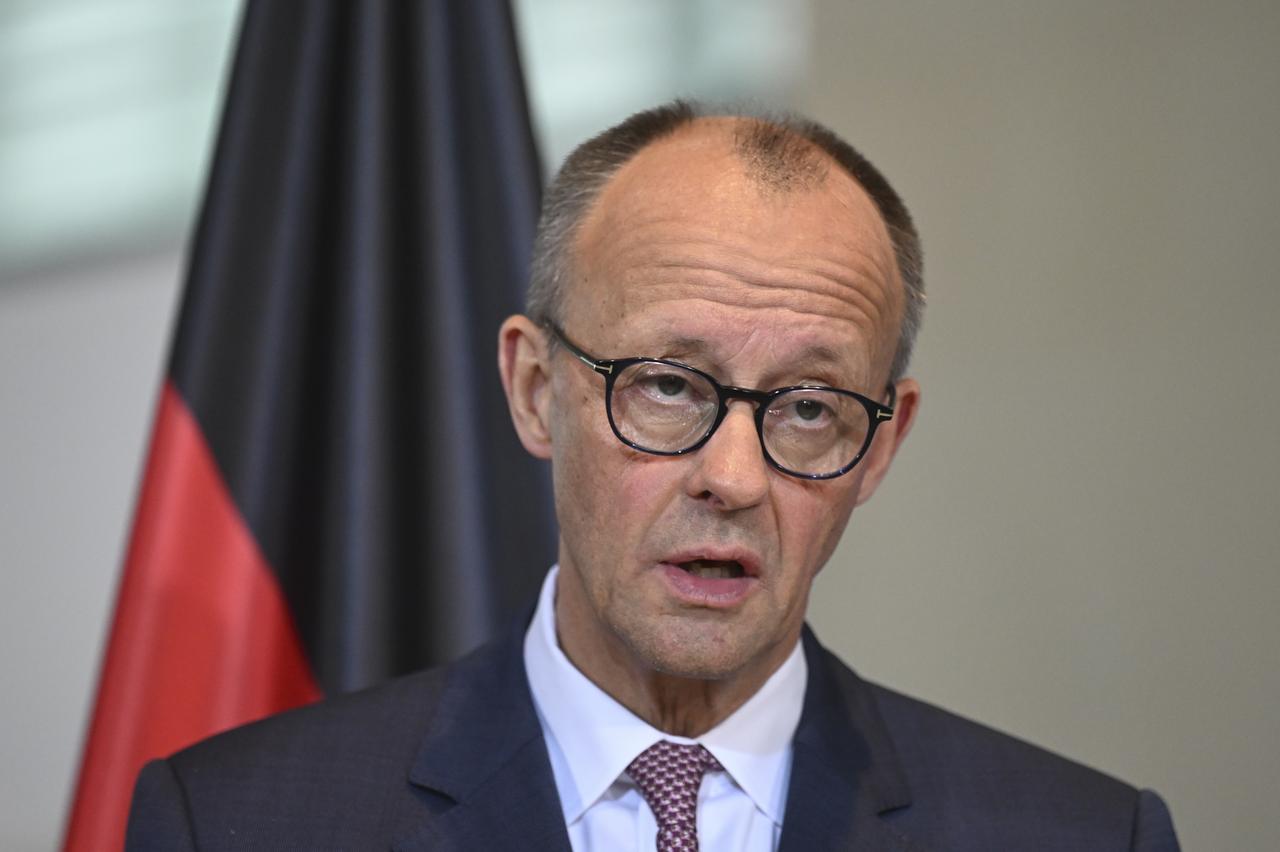
Karolina Wanda Olszowska, Founding President of the Institute for Turkish Studies based in Poland, which currently holds the EU Presidency, noted the significance of including Türkiye despite Greek opposition.
"I read reports that Greece engaged in lobbying activities to change the framework that would allow Turkey's exclusion. Initially, there were proposals that decisions regarding defense partnership agreements between EU member states and third countries would require unanimity," Olszowska said.
She assessed the decision to use qualified majority voting instead as showing "this indicates that EU member countries aimed to avoid a scenario where a country like Greece could block cooperation with Türkiye."
"Many EU countries, including Poland, expect closer cooperation with the Turkish defense industry," Olszowska said, emphasizing that the agreement between Leonardo and Baykar for producing Turkish-made unmanned aerial vehicles (UAVs) in Italy serves as a precedent.
"I believe Türkiye should be part of the joint procurement mechanism because this will enable the country to integrate more into the European defense market and demonstrate its advances in the defense sector," she stated.
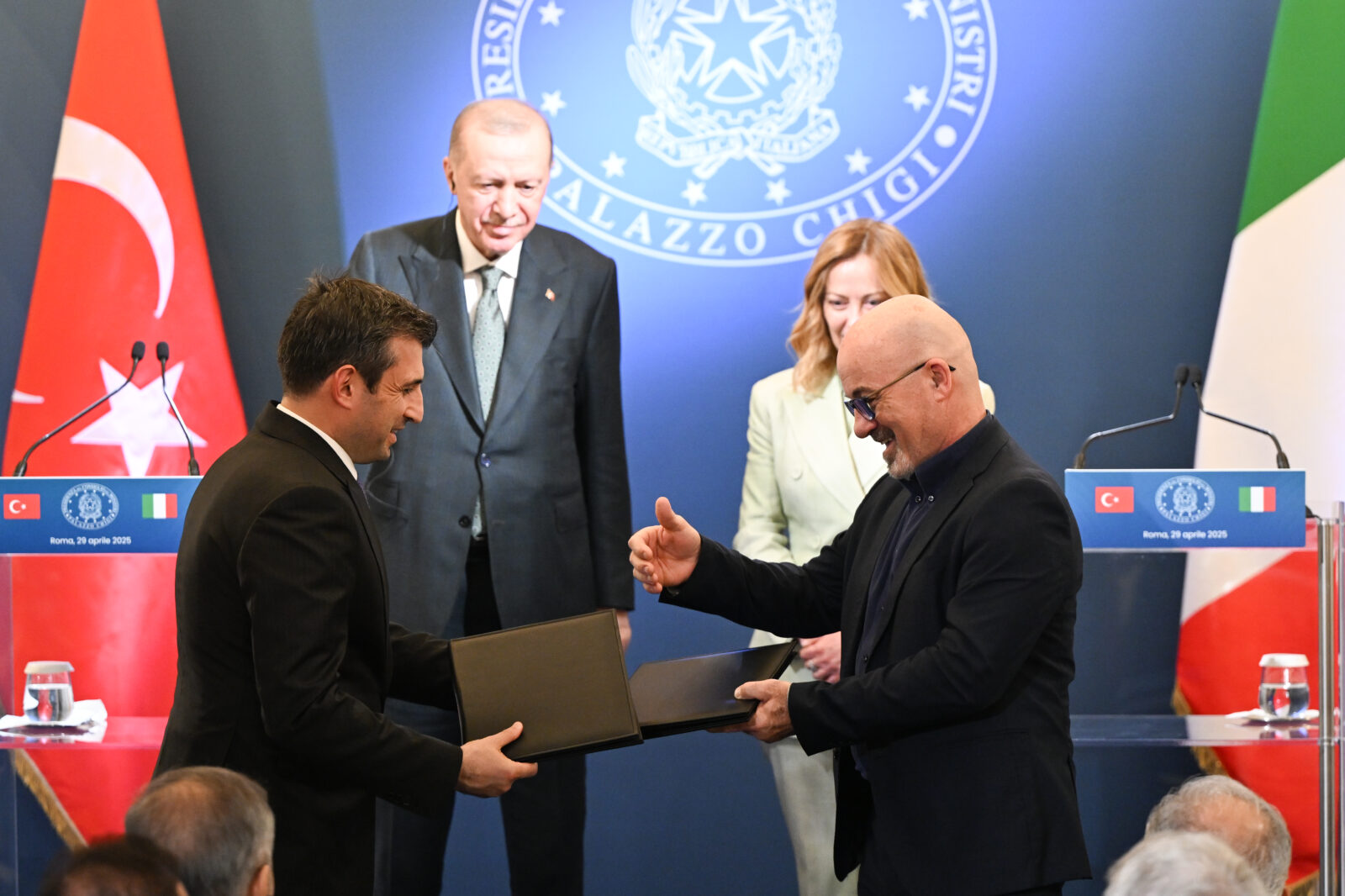
US Security, Defense and Transatlantic Relations Expert Professor Andrew Latham characterized any effort to keep Türkiye outside Europe's defense plans as "strategically speaking, short-sightedness."
"Türkiye is a major regional power with serious defense-industrial capacity. You cannot seriously talk about European defense autonomy while constantly viewing a country like Türkiye as a perpetual outsider. This is not strategy, it is domestic politics under the guise of policy," Latham stated.
Emphasizing that even fully including Türkiye in defense plans like a member state would mean "not giving Ankara a blank check, but recognizing Türkiye's role and giving it a stake in Europe's defense future," Latham commented on the Greek position: "Europe's periphery is in flames and the luxury of engaging in petty rivalries is long gone. SAFE could be a real step forward if used to create strategic depth rather than deepen old divisions. The treatment of Türkiye will be a test of whether Europe's autonomy rhetoric is real or just empty declarations."
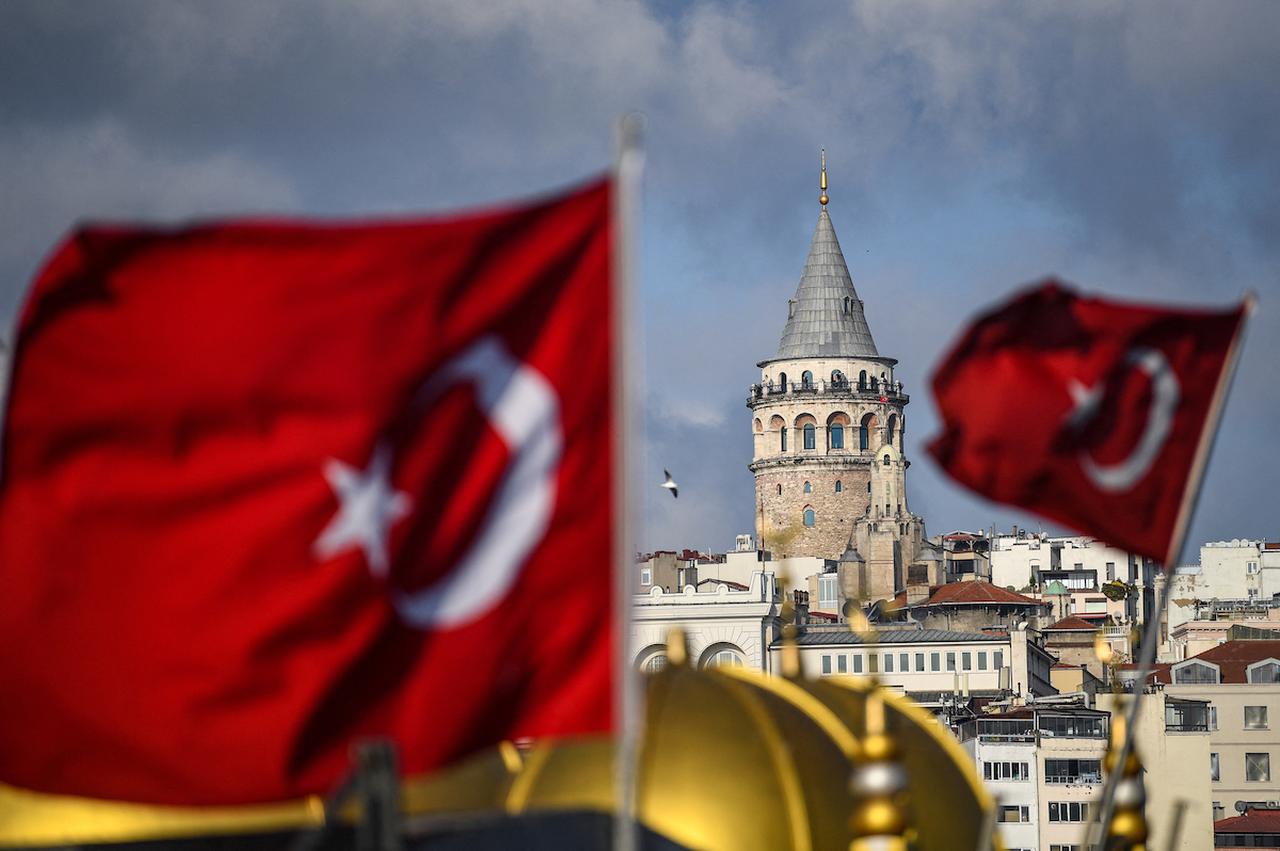
The efforts intensified in recent months to strengthen Europe's defense industry resulted in the EU Commission announcing a new strategy called the White Paper on March 19, containing elements such as increasing military spending and production until 2030 and allocating resources to joint defense projects.
The EU Commission prepared the €150 billion SAFE financing package to facilitate the 2030 targets brought together in the White Paper.
Article 17 of the SAFE package, stating that not only member countries but also candidate countries can be part of the program, brought Türkiye's participation to Europe's agenda.
The inclusion of Türkiye in SAFE represents a significant development in EU defense policy, particularly as Europe faces pressure to develop independent defense capabilities amid global security challenges.